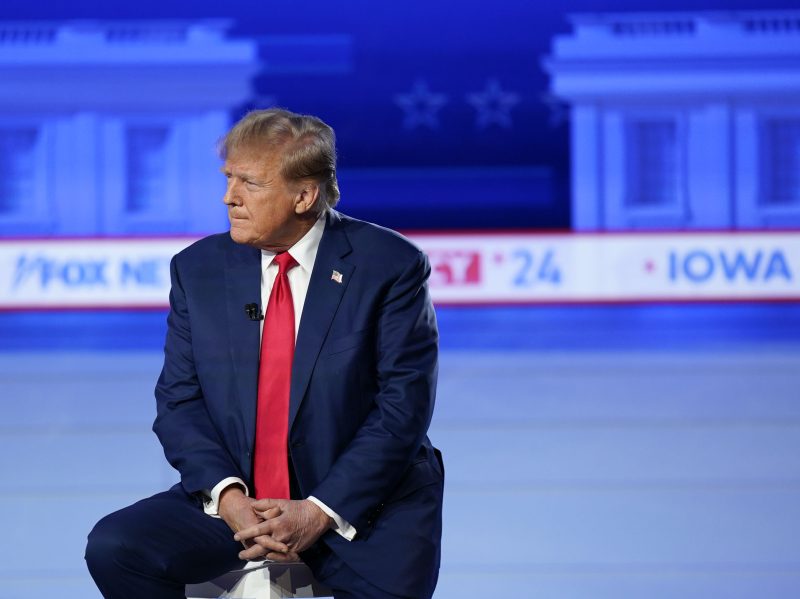After he was elected president in 2016, Donald Trump applied a rather scattershot approach to his efforts to effect his promised policy changes. This was in part a function of the resistance some efforts faced from Congress (like repealing the Affordable Care Act, also known as Obamacare) or from the courts (like his ban on immigration from Muslim countries) and in part because they weren’t practical in the first place (having Mexico pay for a wall on the border).
Were he to win election again this year, those factors are likely to still be in play. Yes, he knows better how government works and would probably be less concerned about having more ambitious efforts challenged in court, but Congress will still be narrowly divided, and bad ideas are still bad ideas.
That said, though, some of what Trump has said he’d enforce should he win a second term is likely to end up being attempted. New polling from YouGov, shared exclusively with The Washington Post, indicates that most Americans won’t be very happy when they are. On 30 policy ideas presented to a national pool of respondents, 22 saw a majority oppose the idea. Only four had majority approval.
Among those four are two centered on transgender Americans. The policy that fared best, with 57 percent of adults offering at least some support, was banning hormonal or surgical treatments for transgender minors. The third most popular policy was Trump’s proposal to legally limit the number of recognized genders in the United States.
The other two that received majority support were related to immigration. One, reflecting other recent YouGov polling, indicated majority support for the policy known as “remain in Mexico.” The other saw a narrow majority of Americans express support for deporting thousands of immigrants in the country illegally.
That was it. While a majority of Republicans generally supported the other proposals — and a majority of those who said they planned to support Trump in the Republican primary backed all but four, no other policies saw the support of a majority of respondents.
The four policies opposed by Trump’s supporters had their own themes.
Only 46 percent supported Trump’s plan to make it easier to fire career government employees, which is somewhat surprising. (Only a fifth of respondents overall supported that idea.) About 20 percent of Trump’s primary supporters backed his plan to put independent government agencies like the Federal Trade Commission under the presidential umbrella. (That’s in part because a large chunk of respondents had no opinion on this esoteric question.)
The other two centered on law enforcement. Just under half of Trump supporters offered their endorsement of a proposal to send American troops into Mexico to engage drug cartels. Only 4 in 10 backed the idea that some federal funding should be dependent on local police forces implementing a stop-and-frisk policy.
The proposals where the partisan gap was the widest, incidentally, were on proposals that have been the subject of political and cultural fights in the past several years. At the top of the list: building a wall on the U.S.-Mexico border. That was followed by a ban on teaching critical race theory, mass deportations, expanding oil drilling and the two questions centered on transgender Americans.
Should Trump win, some of these ideas will become actual proposed policies. Some may even be enacted, if only after some judicial trimming.
Nearly all of them are broadly unpopular.

